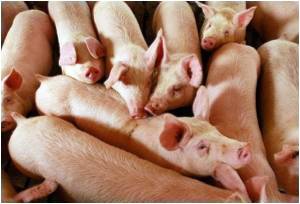New research says that the humble soyabean can replace petroleum as a cheaper source of a widely-used chemical in plastics, textiles, drugs, solvents and as a food additive.

In 2004, the US department of energy named succinic acid as one of the 12 "platform" chemicals that could be produced from sugars by biological means and turned into high-value materials.
Several years ago, Rice patented a process by Bennett and San for the bio-based production of succinic acid that employed genetically modified E. coli bacteria to convert glucose into succinic acid in a way that would be competitive with petroleum-based production.
The new succinate process developed by Bennett, San and Chandresh Thakker, and reported recently in Bioresource Technology, promises to make even better use of a cheap and plentiful feedstock, primarily the indigestible parts of the soybean, according to a Rice statement.
"We are trying to find a cheaper, renewable raw material to start with so the end product will be more profitable," said Thakker, research scientist in the Bennett lab at Rice's Bio Science Research Collaborative, who led the study.
"The challenge has been to make this biomass process cost-competitive with the petrochemical methods people have been using for many years," added Thakker.
Advertisement
"What's left over is indigestible fibre and small carbohydrates," said Bennett. "It's used in small amounts in certain animal feeds, but overall it's a very low-value material."
Advertisement










